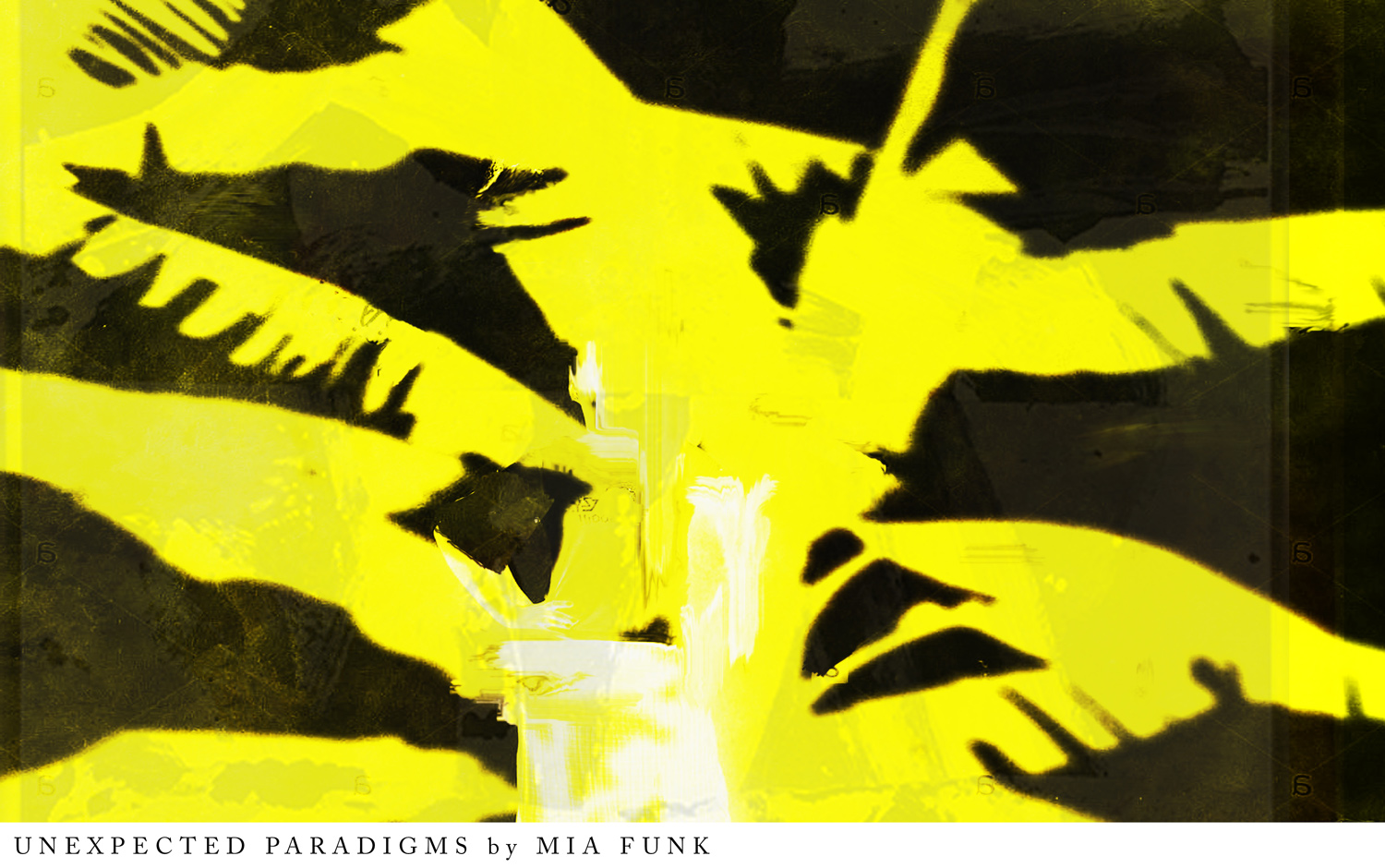I was waiting for a film to start
in front of the wrong cinema.
I was alone,
there wasn’t a line,
and the evening was darkening.
I was sitting on the steps
next to the statue of Puccini,
who was also seated,
in an armchair.
He held a cigarette
between his fingers.
I too would like to smoke,
but I gave it up
ten years ago.
Once
in a piazza in Rio
they unveiled
a bronze bust
of a friend of mine.
I saw it by chance,
while crossing distractedly.
And what a fright!
It was him
but with vacant eyes
and an enormous brown head
which just at that moment
was being soiled by a pigeon.
My poor friend,
poor Pedrosa,
what have your admirers
done to you?
By then I had realized
that it was the wrong theater.
But something held me
in that deserted piazza,
in the dusky twilight
which skimmed the windows.
All of a sudden,
and slowly walking backwards,
a tall man
with white hair
arrived.
He was looking at the sky, the chimneys,
and he was smiling ecstatically.
When he noticed me
he said softly:
“It’s the nightingale.
He will sing like this
all night long.”
Only in that moment I understood
why I was still waiting
in front of a closed portal,
why I wanted to
talk with Puccini,
why I had not moved
from my steps.
Beauty
had entered in me.
A gentle intoxication
of music.
A dizziness,
a lethargy,
a torpor in the air.
Hidden in an opening,
or between the roof tiles,
the little bird
holds dominion.
When I was a child
they would tell me
the legend of the uirapurú:
a tiny bird
of the Amazon.
When it sings the jungle
falls completely silent,
and the jaguar doesn’t roar,
the monkeys don’t scream,
not a single nut falls
through the foliage.
And night descends
on the piazza.
Descends on Puccini
and on all the music,
on the white hair
of the childlike man,
descends on my skin,
on everything down here,
on a world
that has chosen metal,
the sharp edges hidden by the darkness,
as its setting.
A world without a libretto.
Night descends,
but the Tuscan uirapurú
is still singing.
So let the curtain
of great night descend.
From your undiscoverable cranny
let this jungle be silenced.
As I am tired,
let silence fall on me as well.
Translated by Don Stang and Helen Wickes
Artwork by Mia Funk
MUSICA
Aspettavo l’inizio di un film
di fronte al cinema sbagliato.
Ero solo,
non c’era nessuna fila,
e s’incupiva la sera.
Ero seduto sullo scalino
accanto alla statua di Puccini,
anche lui seduto,
su una poltrona.
Aveva tra le dita
una sigaretta.
Vorrei fumare anch’io,
ma ho smesso
dieci anni fa.
Un tempo
avevano inaugurato
in una piazza di Rio
un busto di bronzo
di un mio amico.
L’ho visto per caso,
attraversando distratto.
E che spavento!
Era lui
ma con gli occhi vuoti
e una enorme testa marrone
che proprio in quel momento
era imbrattata da un piccione.
Povero amico mio,
povero Pedrosa,
cosa hanno fatto di te
i tuoi ammiratori?
A quel punto avevo già capito
che quello era il cinema sbagliato.
Ma qualcosa mi inchiodava
a quella piazza deserta,
al crepuscolo bruno
che lambiva le trifore.
E all’improvviso,
camminando a ritroso,
lentamente è arrivato
un uomo alto
con i capelli bianchi.
Guardava il cielo, i comignoli,
e sorrideva estatico.
Quando si è accorto di me
ha detto piano:
“È l’usignolo.
Canterà così
per tutta la notte.”
Solo in quel momento ho capito
perché aspettavo ancora
davanti a un portone chiuso,
perché volevo
discutere con Puccini,
perché non mi ero mosso
dal mio scalino.
Era entrata in me
la bellezza.
Un’intossicazione
benigna di musica.
Uno stordimento,
una spossatezza,
un torpore nell’aria.
Nascosto in una feritoia,
o tra le tegole,
il piccolo uccello
domina.
Da bambino
mi raccontavano
la leggenda dell’uirapurú:
uccello minuscolo
dell’Amazzonia.
Quando canta la giungla
fa un silenzio assoluto,
e non ruggisce il giaguaro,
non urlano le scimmie,
non cade nessuna noce
sopra il fogliame.
E scende la notte
sulla piazza.
Scende su Puccini
e su tutta la musica,
scende sui capelli bianchi
dell’uomo bambino,
scende sulla mia pelle,
su tutto quello che ci sta sotto,
scende su un mondo
che ha eletto il metallo,
gli spigoli nascosti nelle tenebre
a suo scenario.
Un mondo senza testo.
Scende la notte,
ma canta ancora
l’uirapurú toscano.
Fai scendere tu allora
il sipario della grande notte.
Dal tuo introvabile anfratto
fai zittire questa giungla.
E fai zittire anche me,
che sono stanco.














































































